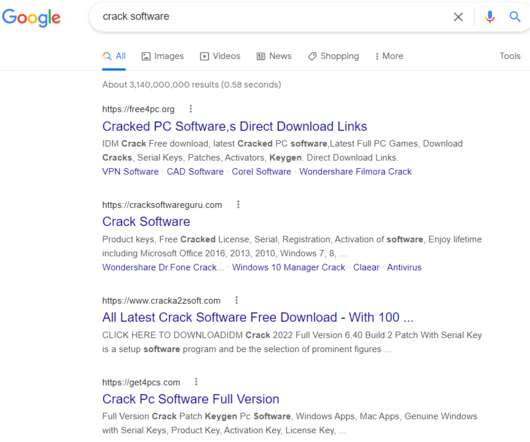Giant health insurer struck by ransomware didn't have antivirus protection
Malwarebytes
OCTOBER 11, 2023
The Philippine Health Insurance Corporation (PhilHealth), has confirmed that it was unprotected by antivirus software when it was attacked by the Medusa ransomware group in September. The organisation deserves praise for recovering its systems swiftly and for refusing to pay the ransom demand, which is reported to be around $300,000.















Let's personalize your content